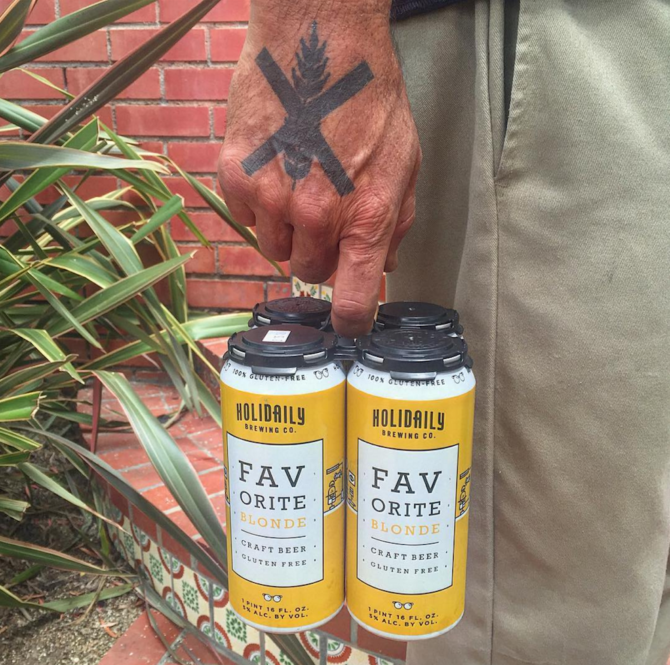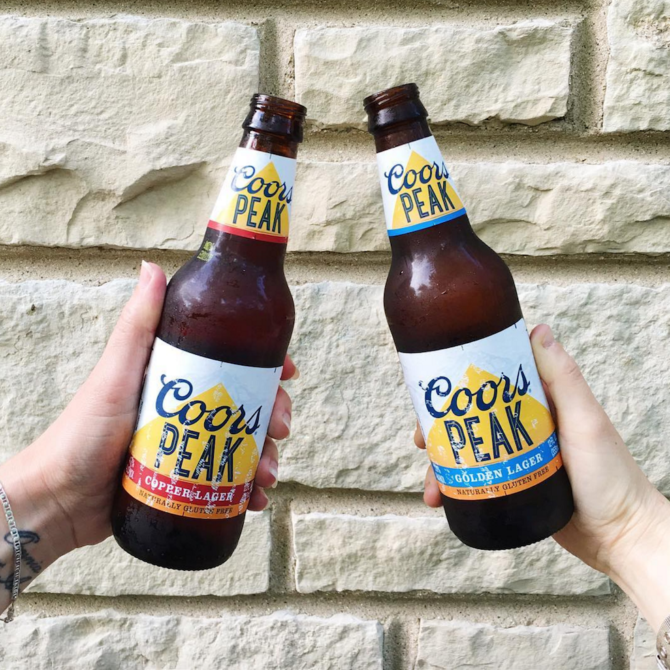What a time to be alive for gluten free consumers. The demand for gluten-free products in the US is growing at an unprecedented rate with no end in sight. Gluten-free and gluten-reduced beers are being brewed with the same finesse that craft breweries have championed for ages. While it’s not a common offering in every bar just yet, it’s easier to find than ever before.
While gluten-avoiders rejoice that tequila and wine are no longer the only options, there is one major problem with these new beers: labeling.

Photo courtesy of @ifogata805 on Instagram
Gluten-free beer is exclusively brewed with grains and grasses that do not contain gluten. Sorghum, millet, buckwheat, and rice are some of the popular naturally gluten-free ingredients being used. Gluten-reduced beer is brewed with grains that contain gluten but have an added enzyme to make it digestible.
The Food and Drug Administration (FDA) has guidelines for certifying a product to be gluten-free. The Alcohol and Tobacco Tax and Trade Bureau (TTB) concedes that labeled products must meet one of two criteria: be naturally gluten-free or contain less than 20 parts per million post processing.
For the FDA and TTB, it’s easy to label a product gluten-free when made from an ingredient that is naturally gluten-free like sorghum or millet. It’s not so simple for gluten-reduced beers to be labeled as they are made from neither naturally gluten-free ingredients nor is there an accurate way to test the amount of gluten in a beverage that has been fermented. This is an enormous safety concern for celiacs in particular, and the risk of trying gluten-reduced beer is for many not worth chancing. For those just sensitive to gluten many gluten-reduced beers cause no adverse reaction.

Photo courtesy of @modlychic on Instagram
Another tricky part to navigating labeling laws stems from the fact that when they were written the TTB didn’t consider beer could be made of anything other than barley and hops. In short, the alternative ingredients being used to brew these new types of beers are not considered beer at all by the TTB.
Because the FDA labels products differently than the TTB, the lack of consistency can be concerning for consumers. An ingredient list is required on a product’s label according to FDA guidelines but the TTB requires no such transparency. Until new laws are put in place and labeling becomes easier to navigate, be extremely vigilant about looking for an ingredient list if a beer doesn’t clearly discern “gluten-free” or “gluten-reduced”.


